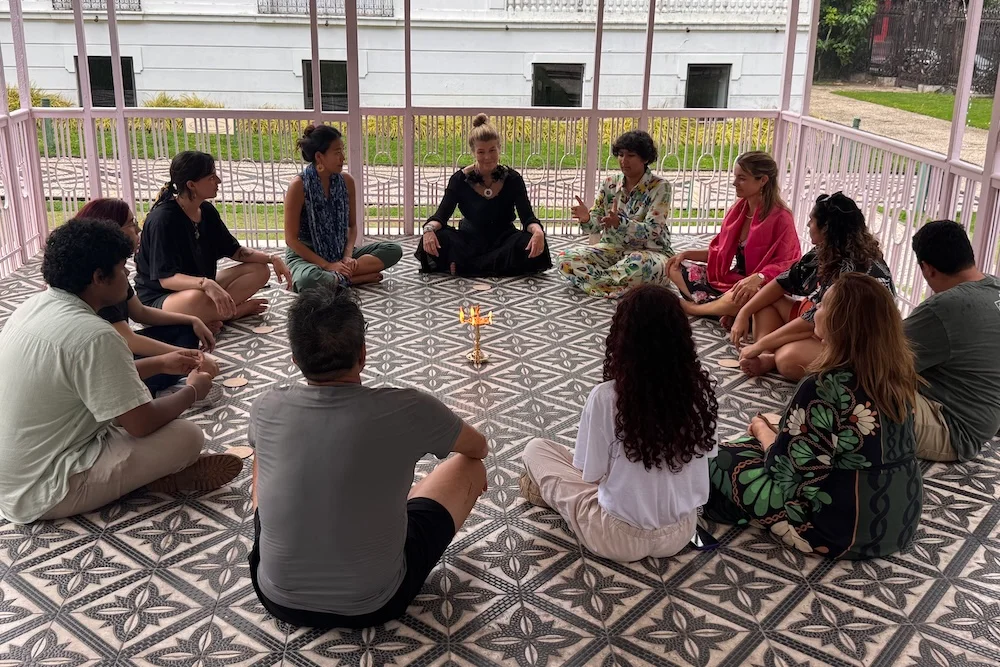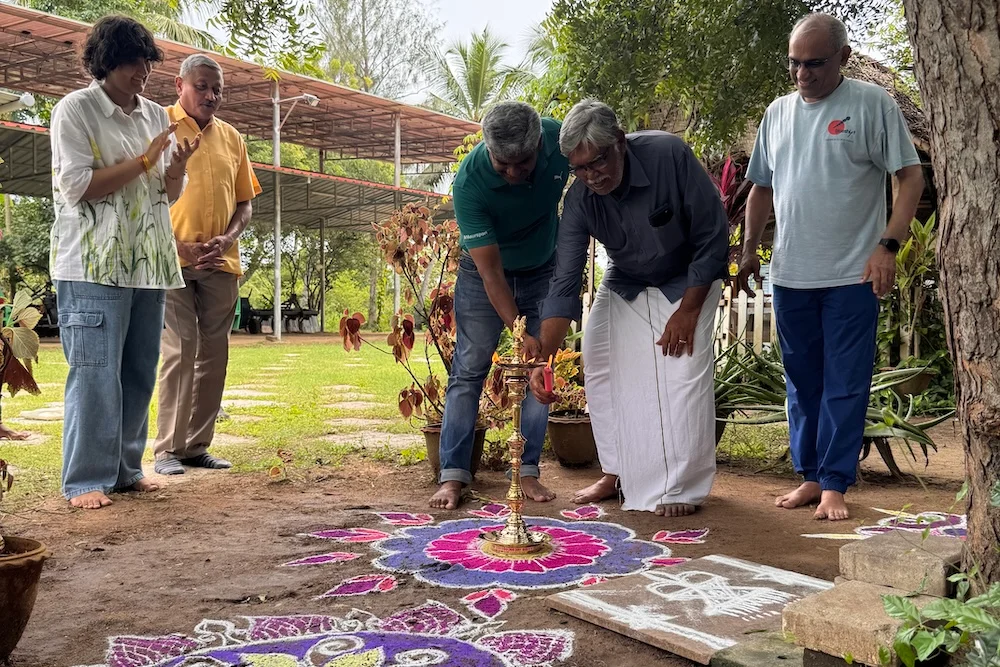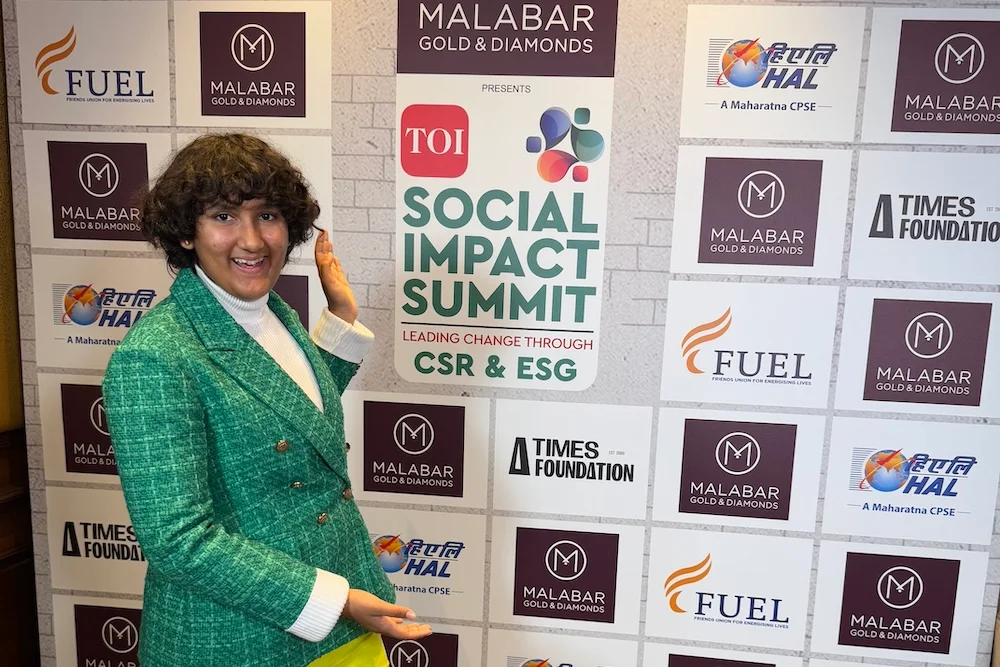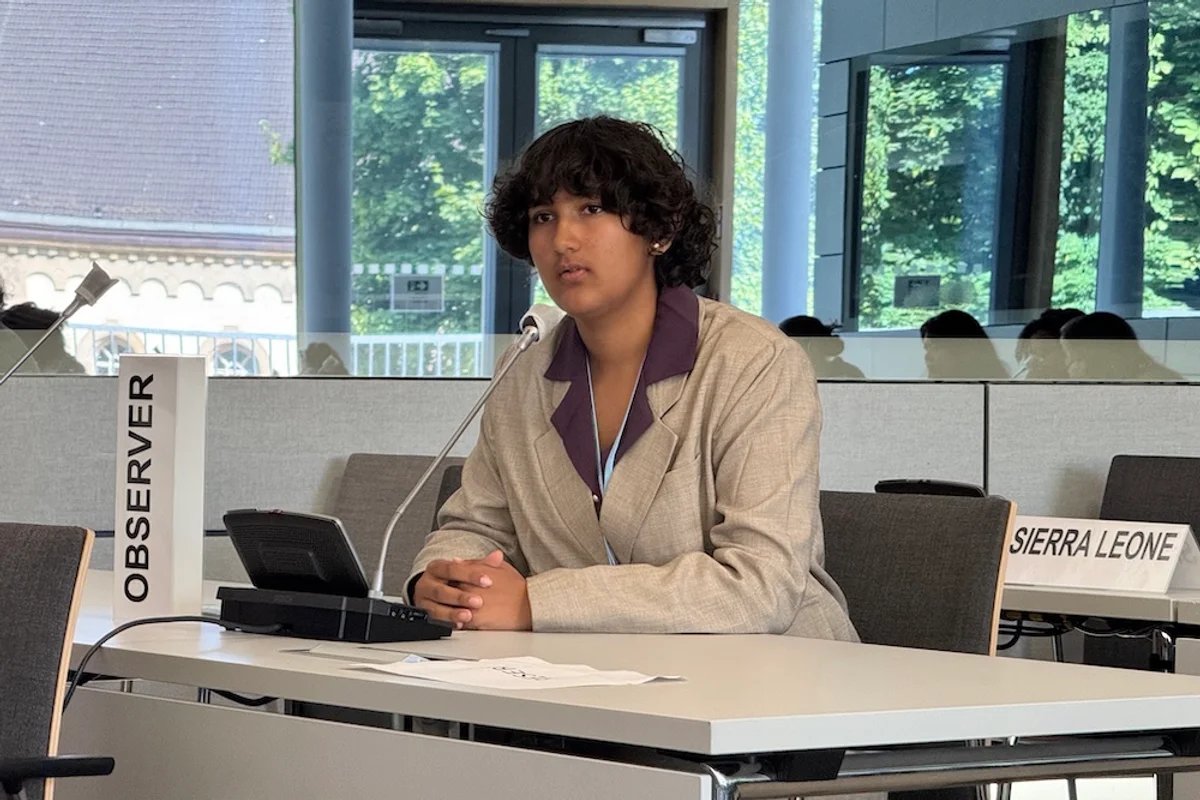A Guide for Parents: The Impact of Climate Change on Children and Effective Solutions
Overview
1. Discover climate change’s alarming, often overlooked effects on children’s health, mental well-being, and education.
2. Learn how to empower and safeguard your children amidst climate change with practical, impactful measures you can start today.
3. Understand how schools can play a pivotal role in combating climate change through green practices and student engagement.
4. Get inspired by the extraordinary story of a young environmental steward—Prasiddhi Singh, who’s making a significant difference in nature conservation.
5. Find out why there is still hope for a sustainable future and how our children can be the beacon of this transformation.
In the twenty-first century, climate change is undoubtedly one of the greatest threats faced by humanity.
Unpredictable weather patterns, rising sea levels, and increasing global temperatures are not just theoretical concepts anymore but real-life phenomena with grave consequences.
While the repercussions are wide-reaching and affect all demographics, the implications for our children, the future bearers of our planet, are profound.
Scientific research suggests that by 2050, the number of heatwave exposure incidents in children will rise by 10 times, and water scarcity will affect one in four children worldwide.
A press release by UNICEF reveals that approximately 500 million children live in areas with extremely high flood occurrence rates, while 160 million live in severe drought zones.
Now more than ever, it’s imperative to understand how this global crisis impacts our children and what we, as parents, can do to safeguard their future.
The Impact of Climate Change on Children
The impact of climate change on children is far-reaching. It can affect their physical and mental health with the addition of socioeconomic development—here’s how:
1. Physical Impact
The first and foremost effect of climate change on children is physical. Exposure to extreme sunlight can lead to heatstroke and dehydration. Increased air pollution can cause respiratory issues like asthma.
Changes in climate also promote the spread of infectious diseases such as malaria and dengue, posing significant health risks to children.
2. Mental Well-being
The psychological impact of climate change on children is often overlooked, but children exposed to natural disasters may experience stress, anxiety, and post-traumatic stress disorder (PTSD).
Moreover, the mere knowledge of climate change and its impacts can cause eco-anxiety—a chronic fear of environmental doom.
3. Socio-economic Consequences
Climate change can disrupt children’s education as well. Serious natural disasters often lead to school closures, affecting children’s learning and development.
Children in regions prone to extreme climate events may also experience poverty, food insecurity, and displacement.
Parental Solutions to Counteract the Impact
As climate change continues to transform our world, parents hold a unique position in combating its adverse effects, particularly those impacting their children.
Parents can shield their children from the physical, mental, and socio-economic consequences of climate change by taking certain prevention measures.
The following steps are beneficial in the immediate term and foster an enduring sense of responsibility and connection with the environment in children, which is integral to the long-term fight against climate change.
1. Educating and Empowering
It’s essential to educate children about climate change, its causes, effects, and ways to combat it. This knowledge will empower them to take steps toward a more sustainable future.
2. Promoting Healthy Lifestyle Choices
Adopting a sustainable lifestyle can go a long way. Encourage walking, cycling, or public transportation for commuting.
Promote a diet rich in fruits, vegetables, and plant-based proteins, reducing the carbon footprint associated with meat consumption.
3. Fostering Resilience
Help children cope with the psychological impacts of climate change by building their mental resilience.
Foster open conversations about their feelings related to climate change and provide reassurances to help manage their fears.
4. Community Engagement
Push your kids to participate in community initiatives or social work that promote environmental conservation.
This mitigates climate change and gives children a sense of responsibility towards this planet.
The Role of Schools and Educational Institutions
Source: A Plantation Drive at a school in Tamil Nadu organized by our impact partner Prasiddhi Forest Foundation
Just like parents, schools are also key contributors in educating and preparing children to handle the challenges posed by our changing climate.
To promote eco-friendly practices, educational institutions can incorporate the following measures:
1. School Policies and Practices
Implementing environmentally friendly practices within the school environment, such as recycling programs, maintaining school gardens, using renewable energy sources, etc.
2. Extracurricular Activities
Organizing events and clubs that promote environmental consciousness and sustainability. These activities can range from tree planting to recycling drives, climate change debates, and more.
3. Encouraging Student-Led Initiatives
Schools can empower students to lead their own environmental initiatives, fostering leadership skills, boosting engagement, and nurturing a sense of responsibility towards the environment.
4. Establishing Green Spaces
Creation and maintenance of green spaces within school grounds, such as gardens or tree planting areas, can instil a sense of respect and care for the environment.
These spaces can serve as outdoor classrooms, providing students with hands-on experiences in nature and teaching them about biodiversity, the importance of green cover, and the growth process of plants.
The Parental Pledge: Ensuring a Healthy Planet for Our Children
Raising eco-conscious children is the first step towards ensuring they get a healthy plant.
By instilling in them a love and respect for the environment, we can ensure they become responsible caretakers of the earth in the future.
An inspiring example of this is the Prasiddhi Forest Foundation, started by a young girl, Prasiddhi Singh, who, at the age of two, understood the importance of environmental conservation and has been tirelessly working towards her goal since then.
Source: Our founder Prasiddhi Singh at a plantation drive in Tamil Nadu
She is also the founder of The Green Pillar – a global initiative to combat climate change. TGP in collaboration with impact partner Prasiddhi Forest Foundation is committed to encouraging tree plantation, protecting biodiversity, and promoting sustainability while rejecting plastic and promoting recycling. So far Prasiddhi has planted more than 1 lac trees, engaged with 5000+ farmers and communities and touched 60,000+ lives. We call for parents to encourage their children and students of all age groups to come forward and join the TGP Global Tribe. Here you get a chance to learn, act and create a positive impact on the society with our climate education courses, mentorship by Global TGP experts, environmental workshops, international climate challenges and a lot more eco-conscious activities.







